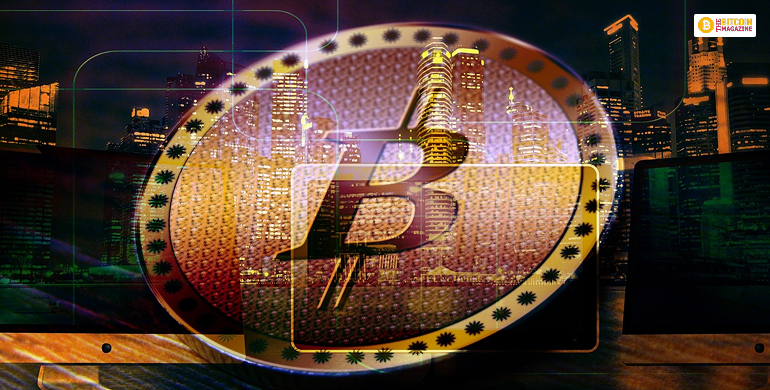Indians are divided about their stance towards crypto trade. There is enough enthusiasm onboard. However, most people follow caution as the investment pathways are not very clear.
However, the majority of the motivation is felt across the tech savvy bunch of traders. They are bent on taking advantage of the decentralized technology to create an uptide of crypto investments and mammoth returns.
What’s Happening at the Backdrop?
In the backdrop the regulators are trying to come up with a strategy of pacing up transition. The upcoming days can see better implementation of on-chain KYC, changing the domain of user verification.
Why On-chain KYC Matters
KYC has never been decentralized before. Users conveyed their personal identifiers and in return got access to the financial services they opted for.
But users feel that implementation of the same process in the decentralized domain could never be free from risks. But on-chain KYC is actually much different.
It embeds the identity verification process into the core of blockchain tech. So, the vendors can access personal information across any end to the same channel. So, the need for reiterative KYC checks can be bailed out. Therefore, the chance of data breach would be reduced too.
The Indian users especially face the tedious loop of multiple verification loops on every ground. But with decentralized KYC, there’s no need to fill out the cumbersome forms in repetition. The future will be an age of reusable identities. And that would be nothing short of revolutionary.
Compliance Matters
Decentralized finance has, however, attracted the weirdest criticism of the niche. It has been denigrated as lacking accountability.
There are meanwhile other concerns like illegal data siphoning, tax evasion chances and capital flight increase these apprehensions.
Is there any way left to solve the problem?
Actually, there is. On chain KYC will introduce a mainstream value delivery model. The same model will create an authentication portal that would be auditable, transparent and private at once.
The regulators would be able to check and verify regulatory compliance. By the time India has a comprehensive framework for controlling digital assets, decentralized finance will roll out well.

